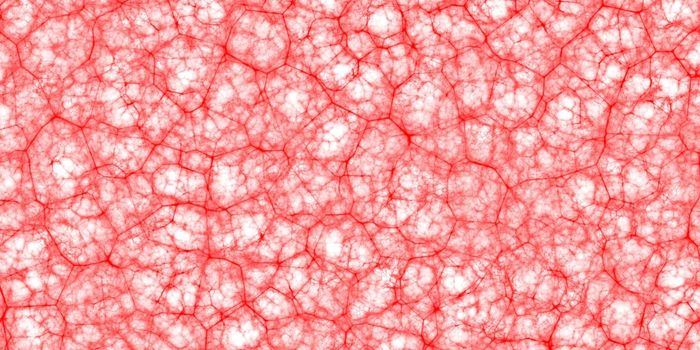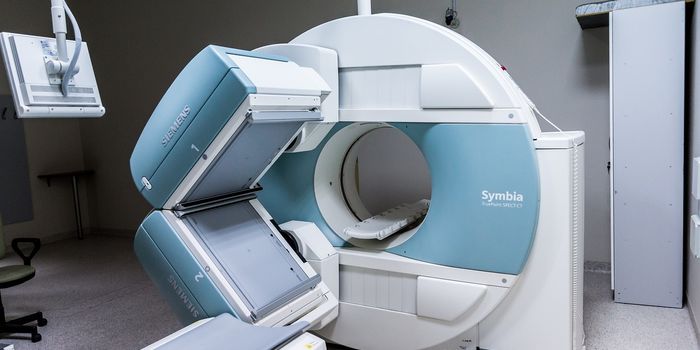New Compound Could Prevent Chemo Brain
Chemotherapy is intended to be an aggressive attack on cancer, but all too often, the body also sustains major injuries from this treatment. Only recently, however, did researchers found real and quantifiable evidence of chemotherapy’s effects on the brain. Now, researchers have gone a big leap further and announced a drug that may treat, and possibly prevent, the occurrence of chemo brain.
For years, doctors and patients focused more on the chemotherapy’s effects on the body. Lapses in mental acuity and memory blurs after chemotherapy were perceived as anecdotal evidence of chemo’s effects in the brain. But it was only recently that researchers really took notice of these reports and linked chemo brain as a side effect of cancer treatment.
"[Chemo brain is] something doctors learned about because patients were complaining," said Michael Johnson, University of Kansas researcher, and the study’s lead author. "Symptoms include visual and verbal memory loss - so if you have a conversation with somebody, you may have difficulty recalling it. You might have attention deficit, so if you are trying to do taxes, it might be difficult to focus. It also can result in a decline in processing speed, so it may be more difficult to think on your toes. You may have trouble remembering words."
It wasn't until recently that they found the proof that chemobrain is real and measurable. The study came from mice treated with a chemo regimen, and subsequently scored on a memory-related task. Not only did the chemo-treated mice perform worse, scientists found that these mice had 26 percent fewer surviving hippocampal neurons born during chemo treatment. This lasted months after the treatment was over, which, in human terms, translates to years of chemo brain.
Diving deeper into the mechanisms behind chemo brain, Johnson and colleagues found that a common chemotherapy agent, 5-fluorouracil, attacks the myelin layer that serves to protect the neurons. Furthermore, they reported that levels of hydrogen peroxide - a well-known cell damaging agent, is increased in response to chemotherapy. But to counter the effects of this, the team identified a compound, called KU-32, that they say can stop chemotherapy-induced cognitive damage in rats.
"In our preliminary results, we found that hydrogen peroxide temporarily increases in the brains of chemotherapy-treated rats. Because hydrogen peroxide is a reactive oxygen species and potentially damaging, it may have an effect on cognitive function. Additionally, we may have a therapy that can serve as a preventative in order to treat it. We found that KU-32 prevents cognitive impairment, and our preliminary neurochemical data suggest that it may prevent increases in hydrogen peroxide production,” said Johnson.
In another study, Johnson and colleagues identified another mechanism by which chemotherapy can impact cognitive decline. Rats exposed to a different chemotherapy agent called carboplatin seemed to have significantly less amounts of dopamine and serotonin in their system. These neurotransmitters are particularly important in learning, memory, and emotional cognition. Thus, “alterations in dopamine release due to chemo could potentially play a role in cognitive impairment,” said Johnson.
"These are the first studies to our knowledge that look at what happens to neurotransmitter release events as a result of these chemotherapeutic agents. It hopefully will open up some options for treatments down the road. Certainly, it might be important for researchers interested in developing therapies for chemo brain as well as other disorders that might impact cognitive function,” said Johnson.









